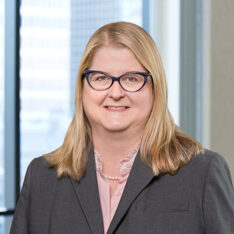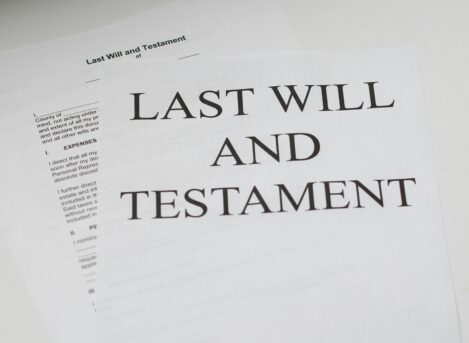It’s generally not enough to appoint an executor to handle your estate after your death or name a trustee to administer a trust. Choosing qualified people to fulfill these duties requires forethought and in-depth analysis, but it’s only half the battle. For greater protection, consider choosing a “successor fiduciary” who can step in at a moment’s notice and take over, if needed.
A fiduciary’s role
A fiduciary is an individual (or entity) authorized to act on your behalf regarding a range of financial and legal matters. He or she must put your best interests, and those of your family, first. Thus, a fiduciary has an ethical and legal obligation to act in good faith. This responsibility extends to the operation of trusts and estates.
A successor fiduciary is someone who assumes the role of fiduciary if the original fiduciary is no longer able to fulfill his or her duties. This can also apply to a trustee who manages assets “poured over” from a trust into an estate.
If you don’t make the necessary provisions, a successor fiduciary may have to be appointed by a court. Thus, it’s best to name one in your will or trust documents. Typically, this person is a relative, family friend or a trusted financial professional. In some cases, the successor fiduciary is a financial institution.
Character counts
The attributes valued in selecting an initial fiduciary are basically the same for a successor fiduciary. Some relevant characteristics are sound judgment and experience, knowledge of family history, investment expertise, a sense of impartiality, and recordkeeping abilities. Avoid naming anyone with potential conflicts of interest.
In any event, don’t just dump this into the lap of someone who isn’t expecting it or won’t be able to meet your expectations. The job comes with some strings attached. Depending on the circumstances, a successor fiduciary may face difficult decisions involving beneficiaries and might have to contend with intrafamily disputes.
Furthermore, a successor fiduciary must be aware that he or she may be held liable for breach of duties, including failing to address the actions (or lack of action) by the predecessor fiduciary. This may require reviews of investment and real estate transactions, tax returns, financial and retirement plan statements, and other accounts. It’s critical for the successor fiduciary to determine if assets have been prudently managed.
Preparing an account summary
One of the key duties of a fiduciary is preparing an account summary of assets, income and expenses. The fiduciary must maintain accurate records and make informed decisions. Transparency is essential. In some cases, the account summary may have to be presented in court, where interested parties can either agree to it or object.
After the account summary has been approved, beneficiaries can no longer contest the financial decisions made by the fiduciary during the applicable period. Nevertheless, a successor fiduciary can still be held responsible for various transgressions. For example, if a successor subsequently discovers mistakes, fraud or “manifest errors” under the predecessor’s watch, the successor should move to reopen the account. Otherwise, the successor could be held liable for any losses.
If a successor fiduciary discovers misconduct by a predecessor fiduciary, a claim may be made on the predecessor’s bond. The bond is an insurance policy ensuring that the fiduciary fulfills his or her duties to the beneficiaries. A beneficiary or a successor fiduciary can seek damages from the bonding company if losses are attributable to fiduciary misconduct.
Finally, a successor fiduciary must be aware of the statute of limitations regarding certain transactions. Generally, for errors or misconduct by a predecessor, the statute of limitations begins to run when a successor fiduciary knows — or should have known — about a potential breach.
Choose wisely
Choosing successor fiduciaries shouldn’t be taken lightly. Carefully consider your alternatives and appoint successor fiduciaries that measure up to the strict standards required by law. Your estate planning advisor can help you make informed choices.







